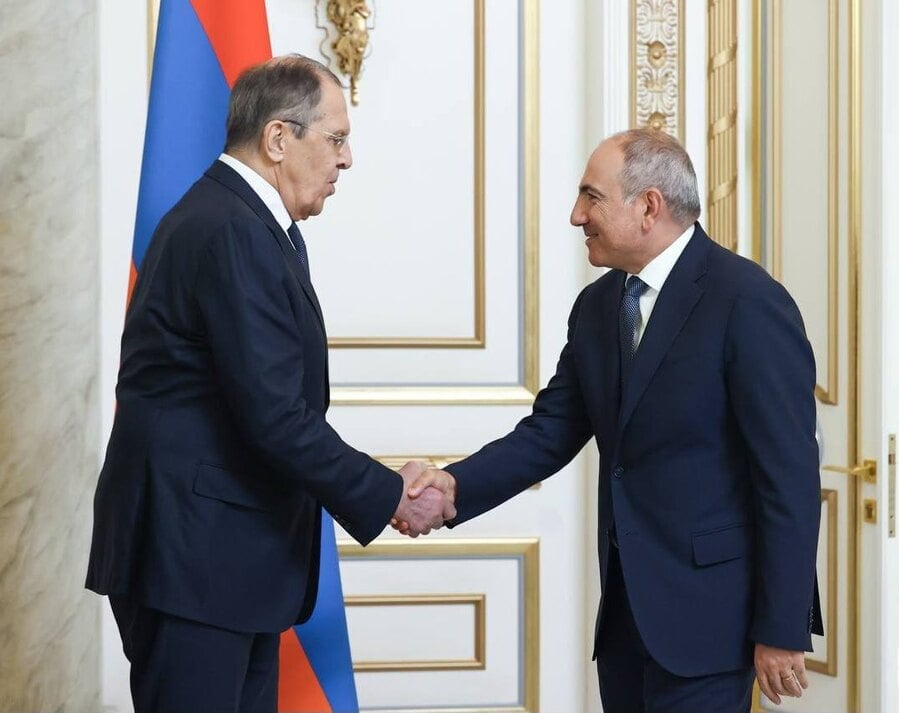It’s a recurring pattern. High-ranking officials of the Republic of Armenia and the Russian Federation meet, mutual assurances are made that we are strategic allies, and that Armenia is not going to change its foreign policy course. But shortly after such meetings, the “Westerners” close to the government declare the exact opposite: Russia is not our ally at all, and moreover, it maintains an agent network here working against our statehood and is waging a hybrid war against us.
Moreover, it is interesting that the thesis about “being an ally” is refuted not only by the government, but also by the pro-Russian opposition, which is trying to assure us that Putin is so angry with Pashinyan that tomorrow or the day after tomorrow he will begin the process of overthrowing him. In this case, perhaps the desired is presented as reality.
Meanwhile, it is obvious that even if Arman Babajanyan or Tigran Khzmalyan become the Prime Minister of Armenia, our country will not have much of a chance to change its foreign policy course. At the level of rhetoric, yes, anything can be said.
On the other hand, for Putin and his inner circle, Pashinyan may not be a very sympathetic figure. But at the same time, he is quite beneficial for the implementation of Russia’s programs.
The question, however, is what Russia’s programs in the South Caucasus actually are, and whether they are not coordinated with Turkish programs. And perhaps Pashinyan is the very person who is charged with the implementation of these programs.
Read also
It seems to me that the commentators of the interested parties are primitiveizing reality (perhaps unintentionally) and presenting the situation as an irreconcilable struggle of plus and minus, where they see Armenia as a small particle adjacent to one of the poles.
And what would you say if it turns out that there are no contradictions between these poles in our issue.
Aram ABRAHAMYAN



















































